The Rapid Support Forces (RSF) and its coalition, the Sudan Founding Alliance, announced on July 26 that a parallel government would be established in RSF controlled areas of Sudan after months of negotiations between members of the coalition. This comes over two years since the start of the Sudanese Civil War, with its origins going back to pro-democracy protests in 2019 against the military dictatorship of Omar Al-Bashir who had seized power through a coup in 1989. The war has led to the deaths of an estimated 150,000 Sudanese, and has further strained an already dire famine, resulting in over 30 million people in the country facing food insecurity. Over 12 million people have been displaced as a result of the war, with over 4 million fleeing to other states, namely Chad, greatly exacerbating tensions between the military led government in Khartoum and Chad - who is believed to be a backer of the RSF paramilitary.
The Janjaweed to the Rapid Support Forces
The Rapid Support Forces were formed as part of the Sudanese military during the rule of Omar al Bashir in 2013 and were used to crush popular protests against Bashir with overwhelming violence and brutality. However, the RSF is a predecessor to the infamous Janjaweed militias of the early and mid-2000s, who were heavily involved in the Second Sudanese Civil War. The coalition of Arab militias mainly operated in Sudan's Darfur and Blue Nile regions and were armed by Bashir's regime to counter rebel attacks on government outposts - namely by the Sudanese Popular Liberation Movement (SPLM). However, the Janjaweed militias also targeted non-Arab ethnic minorities in Darfur and used mass killings, sexual violence, and the restriction of food to ethnically cleanse the region of its non-arab inhabitants including the ethnically African Masalit, Fur, and Zaghawa peoples. This effort was directly supported by Bashir's military government in order to create a more homogenous Islamic society, and led to the deaths of over 400,000 in Darfur between 2003-2005 and over 2 million in Sudan's predominantly Christian south throughout the course of the conflict, which led to the formation of South Sudan in 2011. In 2009, the International Criminal Court (ICC) issued arrest warrants for Bashar and several other Sudanese officials on charges of genocide, mass killings, sexual violence, and the restriction of food and humanitarian aid.
After the restructuring of the Janjaweed in 2013 it became known as the Rapid Support Forces with its leader being General Mohamed Hamden "Hemedti" Dagalo and was responsible for brutal counterinsurgency campaigns in the Darfur, Blue Nile, and Kordofan regions. The RSF was also instrumental in the government's crackdown of pro-democracy protests in 2019, with at least 100 killed in Khartoum. After this the Sudanese Armed Forces (SAF) led a coup which saw Bashir and most of his cabinet arrested on charges of corruption and complicity in genocide, with many still in prison today. In 2021 the SAF, led by Abdel Fattah al-Burhan, took control of the transitional government which it was party to, the transitional government was meant to turn the country from its autocratic past to a democratic future. The SAF claimed that the civilian elements of the transitional government fell into bitter infighting, forcing the SAF to seize full power to preserve the country's "stability".
In 2023, tensions between the SAF and RSF exploded due to disagreements over the integration of the RSF into the Sudanese military as well as the structure of the new military government. The main areas of fighting took place in the cities of Khartoum and Omdurman and in the Darfur region, where the RSF retains most of its influence. Clashes raged in the capital for nearly two years with strategic sites such as the presidential palace, air bases, and the military college trading hands. The RSF initially controlled most of Omdurman while the SAF controlled Khartoum, which are located on the opposing banks of the Nile River. However, by the end of March 2025 the RSF announced that it had conducted a "strategic retreat" from the capital marking a major blow to the groups control over key governmental buildings and strategic assets like Khartoum's airport. After losing the battle for Khartoum and Omdurman, the RSF began to consolidate it's forces it the Janjaweed heartlands of western Sudan. In June the RSF captured the tri-border area of Sudan, Egypt, and Libya which is used for the smuggling of illicit goods, people, and weapons - this seizure will certainly lead to increased revenue streams for the RSF through more smuggling routes as they already fund themselves through several gold mines under their control, much of which ends up in the hands of their primary backer, the United Arab Emirates.
The Sudan Founding Alliance
The Sudan Founding Alliance (TASIS) was formed in March 2025 and consists of six factions: the Rapid Support Forces under Dagalo, Sudanese People's Liberation Movement (North), Sudan Liberation Movement Transitional Council (SLM-TC), Sudan Liberation Gathering, Sudanese Alliance Forces, and the Justice and Equality Movement - an Islamist party concentrated in the Darfur region. The Rapid Support Forces make up the largest of the six factions with roughly 100,000-150,000 fighters at the beginning of the civil war and therefore hold sway over the rest of the coalition. The RSF appointed Mohamed Hassan al-Ta'ayshi as Prime Minister, who had held a position in the transitional government council before its dissolution in 2021. Dagalo himself will serve as President and the leader of the SPLM-N, Abdelaziz al-Hilu, will serve as the vice president, particularly due to the SPLM-N control of southern Sudan making al-Hilu a vital ally of the RSF. The move by the RSF and its allies could be to delegitimize the fledgling SAF backed government in Khartoum, which was formed in May and is headed by a former UN official Kamil Idris, as several key government positions are still to be filled. The move will also lead to a further fracturing of Sudan as now the RSF has a government in the west of the country, making diplomatic efforts for an end to the war far more difficult - especially if the RSF continues to appoint local governors and officials in the regions of Darfur, Kordofan, and Blue Nile which will further deepen RSF control in western and southern Sudan.
The RSF and now the Sudan Founding Council also has backing from the United Arab Emirates through weapons, vehicles, and funding - something the UAE vehemently denies. However, evidence of UAE weapons, drone technologies, and armoured vehicles have been recovered by the SAF in clashes with the RSF, making the UAE denial quite laughable. This is further backed by the fact that UAE state-owned companies are looking to invest in natural resource extraction and trade in the war-torn country, particularly in the gold trade. The RSF is also said to be backed by the Libyan National Army (LNA), who were accused of helping the RSF take the tri-border area by the Sudanese Armed Forces and have been found to have been providing camps for RSF fighters inside Libya. Both sides have rejected peace talks, leaving the civilian population in the crossfire of a dispute over personal power and control of the country, despite the rhetoric from each side claiming they want "peace and equality" for all Sudanese, as both sides have been accused of war crimes including weaponizing food aid.



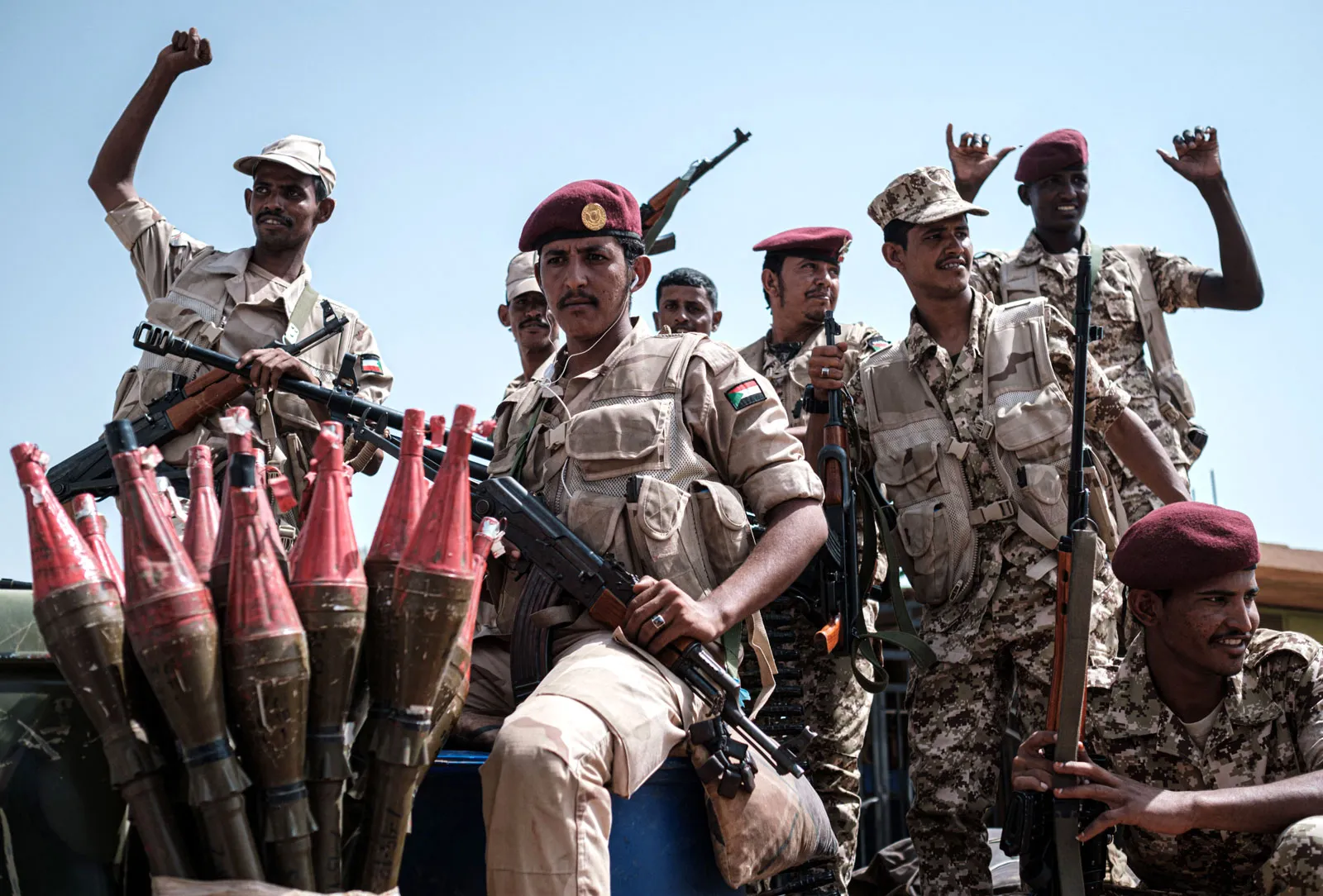
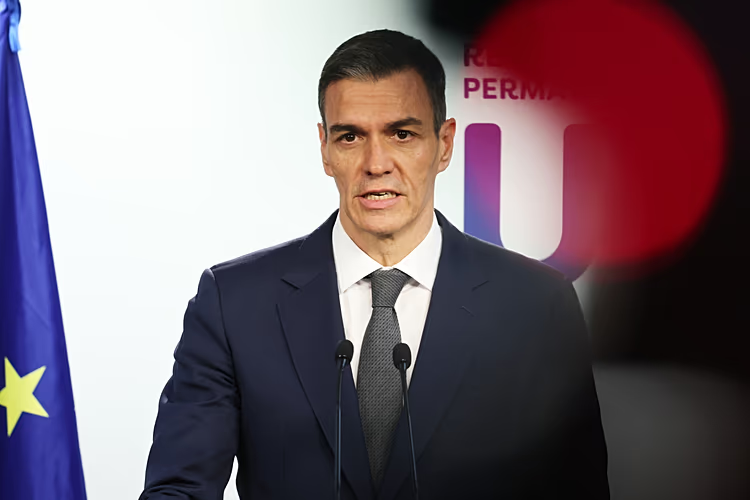
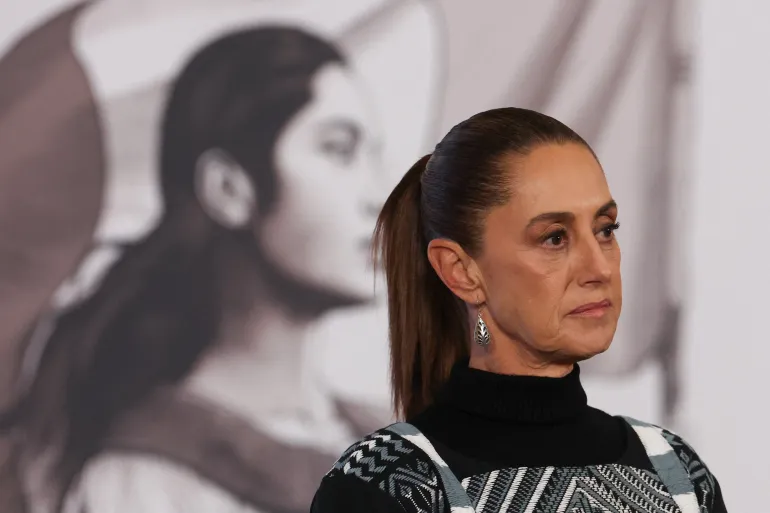
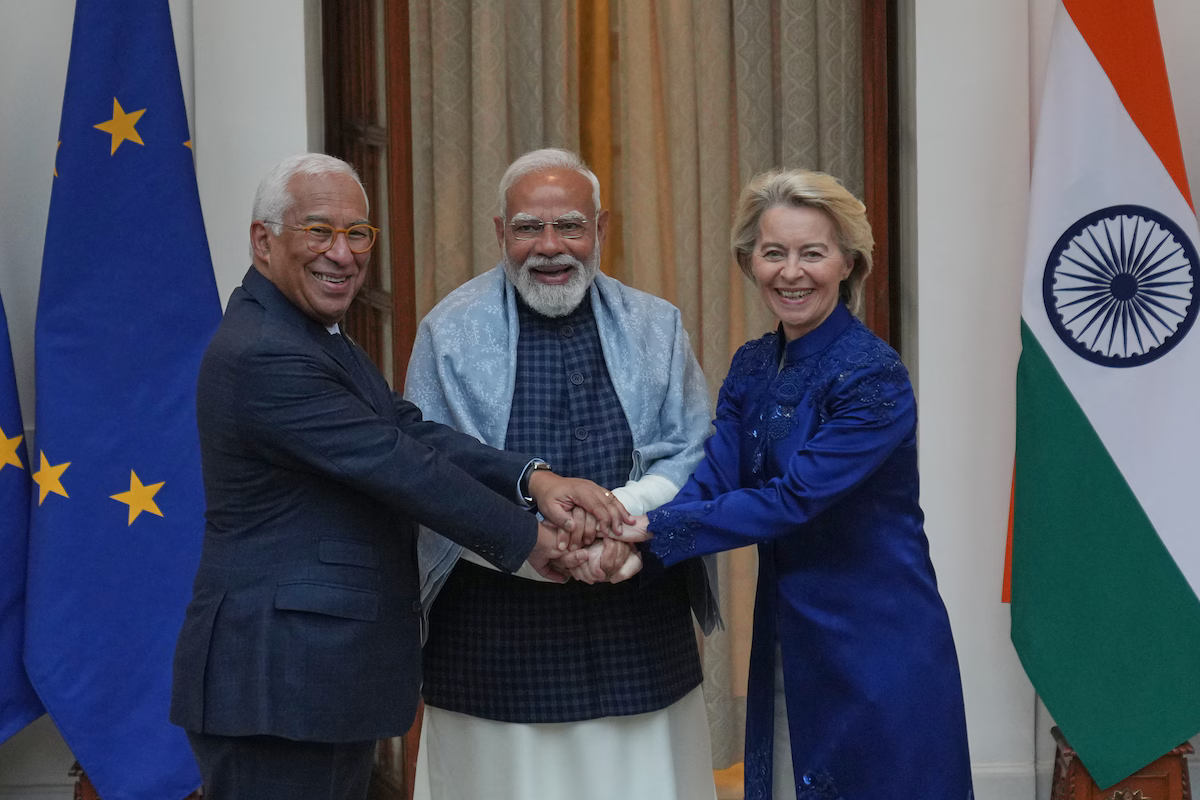
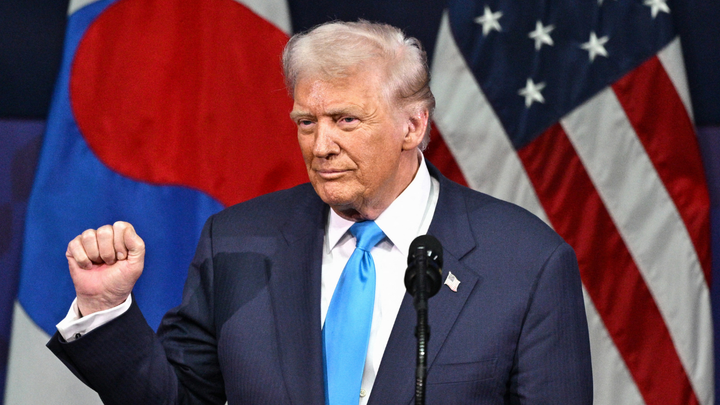
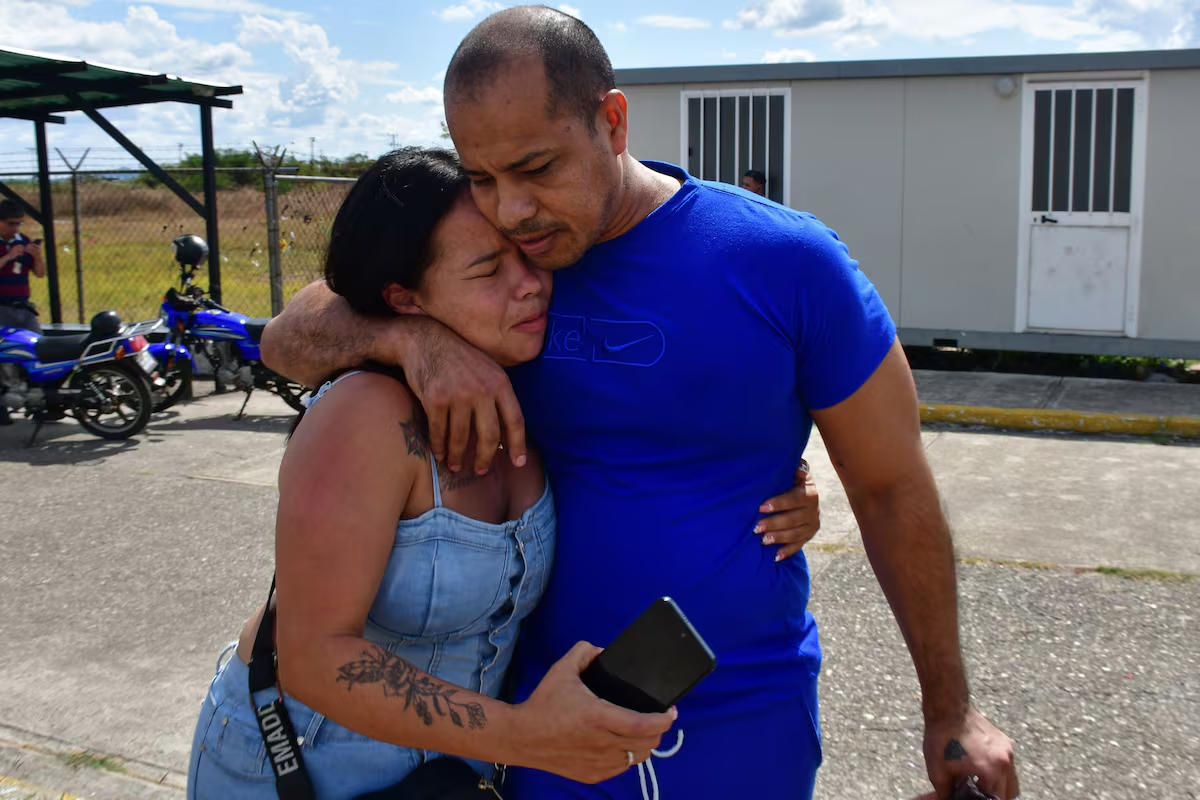
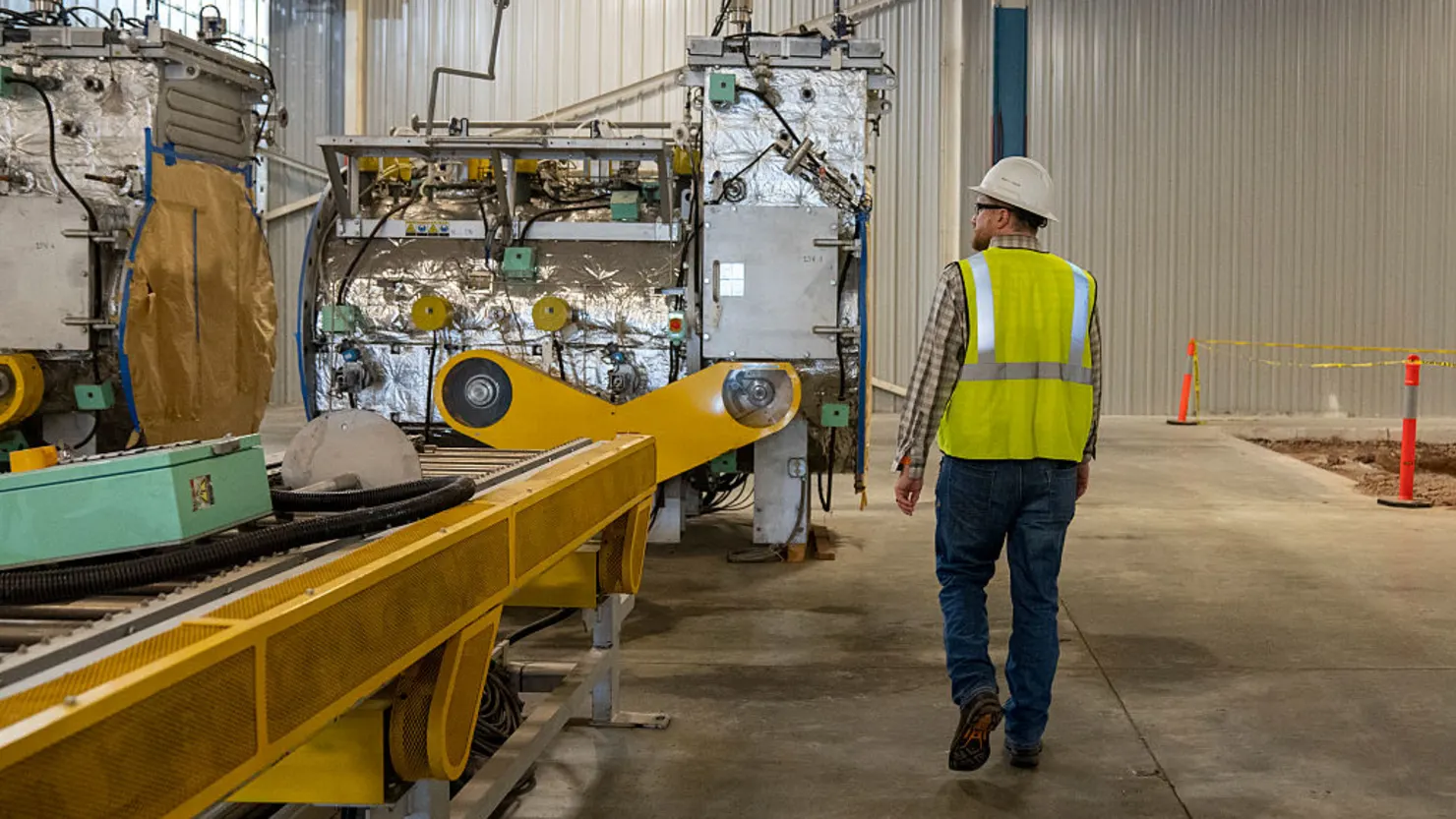
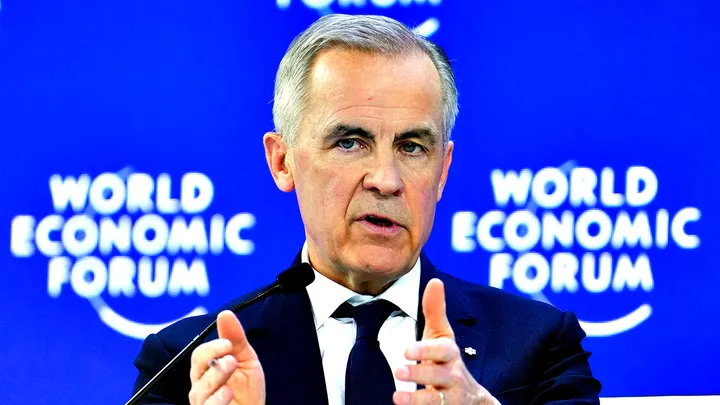
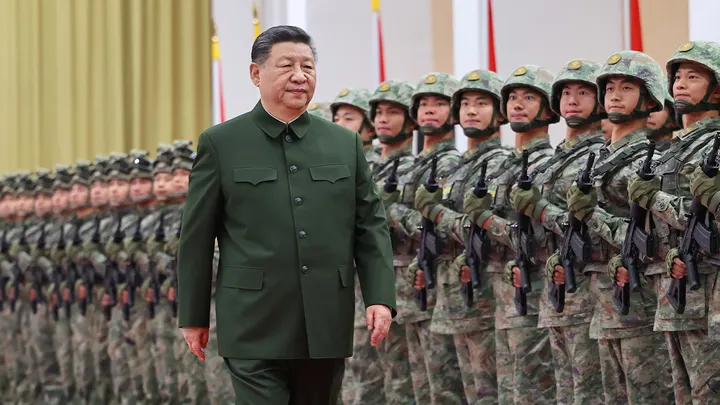
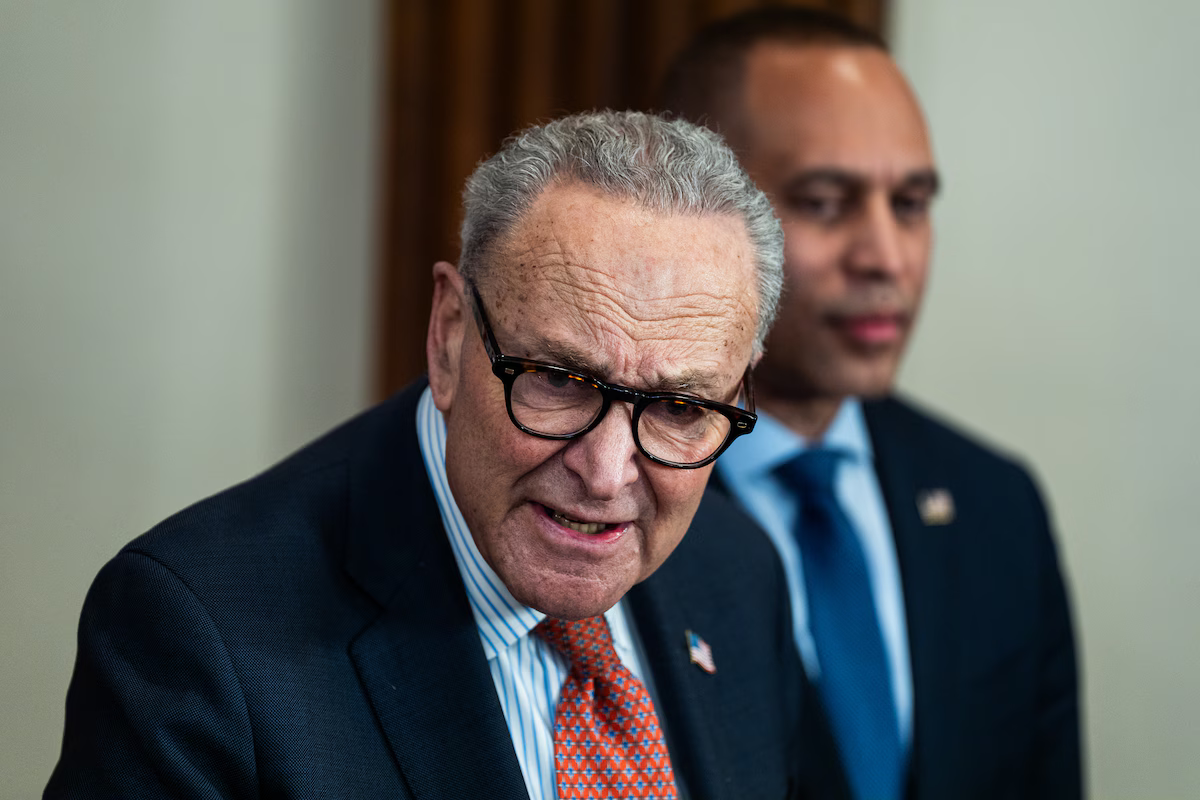
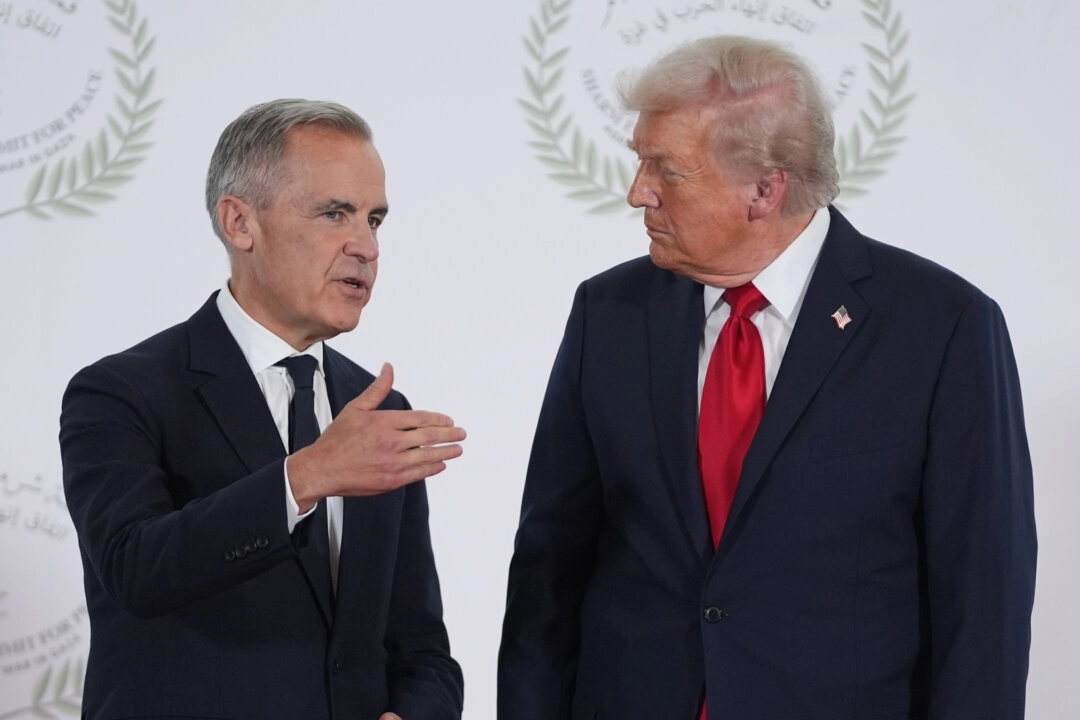
Discussion